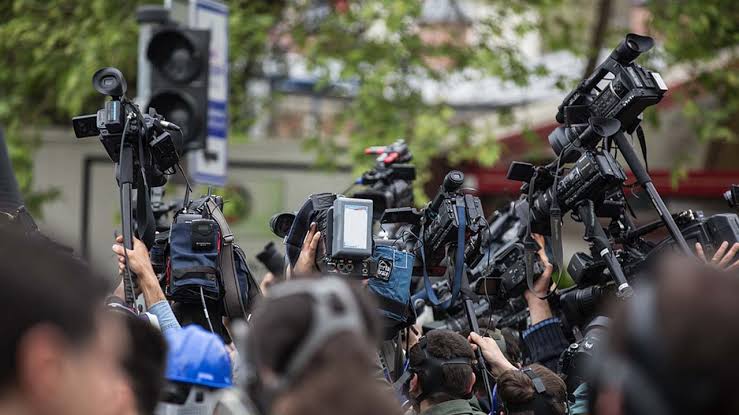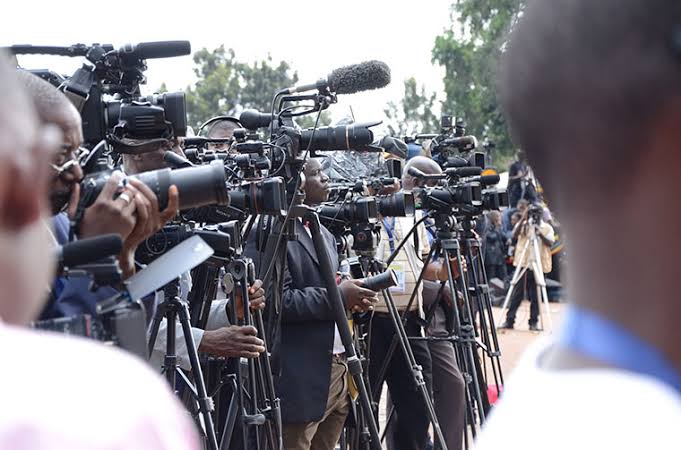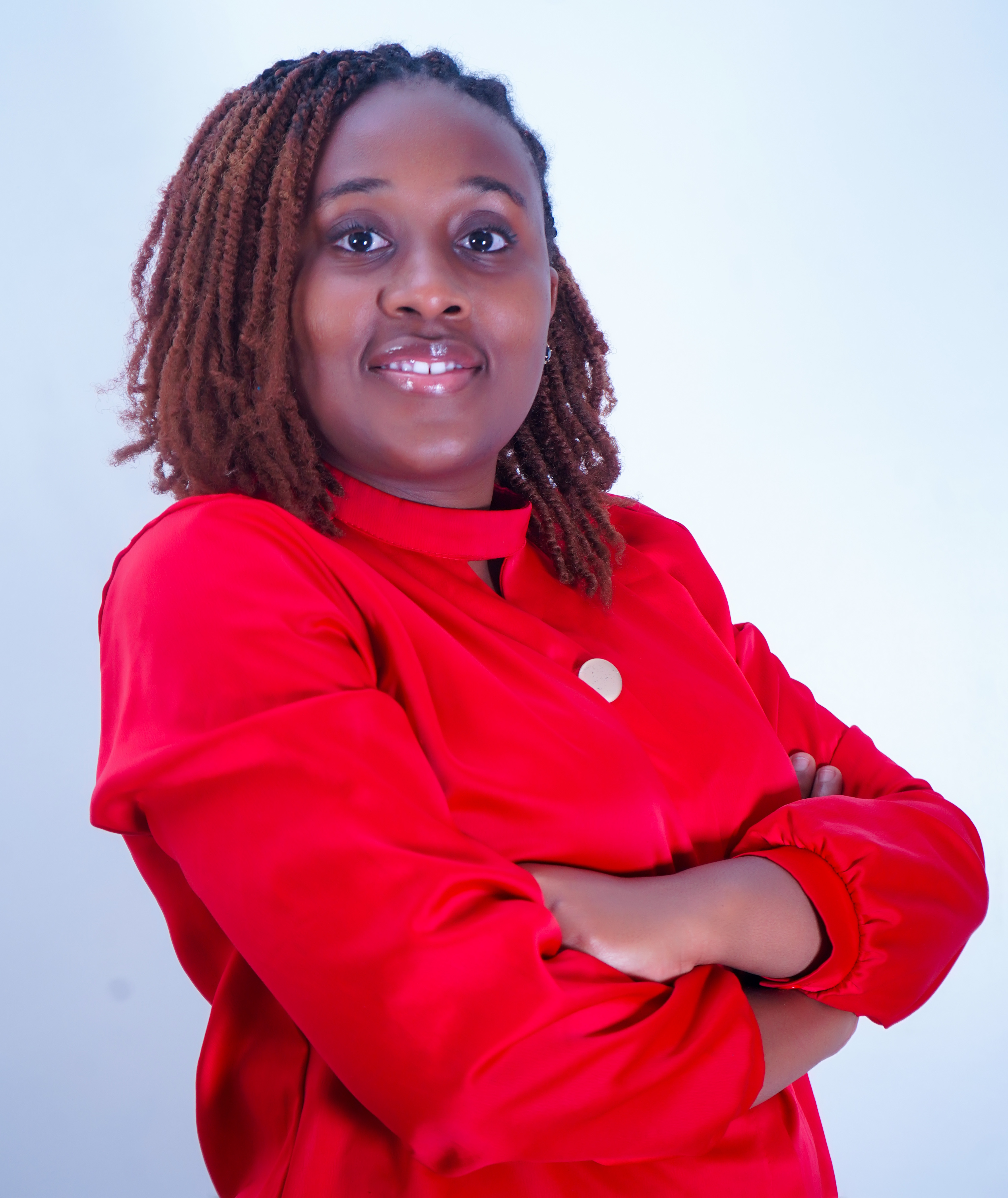When three-year old Amina died of measles complications in Kano State in February 2024, her death represented more than a personal family tragedy. It reflected a critical failure in Nigeria's health information ecosystem. Despite a preventable measles outbreak spreading across northern Nigeria for weeks, mainstream media coverage remained superficial, focusing on infection statistics rather than explaining vaccination importance, early symptoms, or where to seek treatment. Local health officials later confirmed that Amina's parents, like many others in their community, had delayed seeking medical care partly due to misinformation about the disease and lack of clear public health guidance. This preventable death highlights the devastating real world consequences of Nigeria's specialised journalism crisis, particularly in health reporting, where the absence of knowledgeable journalists trained to communicate complex medical information effectively creates dangerous information vacuums filled by rumor and myth.
In Nigeria's media landscape today, the absence of specialised journalism particularly in health reporting has created a dangerous information vacuum. While political news and entertainment dominate headlines, critical sectors like healthcare, science, environment, and economics suffer from superficial coverage that fails to meet public needs. This gap is especially concerning in health journalism, where accurate reporting could literally save lives. Despite Nigeria grappling with alarming maternal mortality rates, recurring disease outbreaks, and a growing burden of non-communicable diseases, most media outlets lack reporters with specialised training to effectively communicate these complex issues to the public.
The COVID-19 pandemic that shook the world starkly exposed these weaknesses in Nigeria's specialised reporting. As misinformation spread rapidly through social media in 2020-2024, many mainstream news outlets struggled to provide accurate, contextual information about the virus and public health measures. When the Federal Ministry of Health announced Nigeria's COVID-19 response strategy in 2023, many reports simply regurgitated press releases without critical analysis of implementation feasibility or equitable access considerations. Similarly, during the 2023 outbreak of Lassa fever in Ondo and Edo states, coverage largely focused on death counts rather than prevention measures or systemic healthcare failures that contributed to the spread.
The fundamental challenge undermining specialised journalism in Nigeria is inadequate training. Many journalism schools offer general curricula that fail to equip reporters with specialised knowledge in areas like medical terminology, research methodology, data analysis, or ethical considerations specific to health reporting. Commercial pressures and resource constraints further exacerbate the problem. Media organisations facing economic challenges cannot afford to maintain specialised beats or invest in professional development for specialised reporters. Anectodal reports reveals that in 2023, three major Nigerian newspapers eliminated their dedicated health desks, reassigning journalists to cover multiple areas simultaneously. The resulting coverage inevitably becomes superficial, prioritising sensational headlines over substantive analysis. This trend contrasts sharply with countries like South Africa, where publications like Health-e News maintain dedicated health reporters who produce award winning investigative journalism on healthcare access and pharmaceutical industry practices.
Access to information represents another significant barrier. Nigerian health journalists routinely face obstacles when attempting to access official health data, reach policymakers, or interview medical experts. A 2023 survey by the Health Writers Association of Nigeria found that 78% of health reporters had been denied interviews by government health officials in the preceding year. The lack of transparent communication channels between health institutions and media creates an information vacuum often filled by unverified sources. This challenge is less pronounced in countries like Kenya, where the Ministry of Health holds weekly media briefings and maintains an open access health data portal that journalists can easily navigate.
Political interference and self-censorship further undermine specialised journalism in Nigeria. When a major teaching hospital in Lagos faced allegations of corruption and mismanagement in 2024, many news outlets provided minimal coverage, fearing repercussions from politically connected hospital administrators. Similarly, investigations into pharmaceutical industry practices often go unpublished due to corporate advertising influence. The consequences of these weaknesses extend far beyond journalism itself. Poor quality health reporting contributes directly to public misunderstanding of health risks, low health literacy, and reduced compliance with public health measures. Without robust health journalism, there is little pressure on policymakers to address healthcare system challenges, resulting in less scrutiny of healthcare spending and service delivery failures. This particularly affects marginalised communities and neglected health issues that receive inadequate media attention, perpetuating inequities in the health system.

Way Forward
To address these challenges, Nigeria needs to invest in specialised training and education for journalists. Universities and journalism schools should develop specialised curricula, while media organisations should create mentorship programs pairing journalists with health and science experts. The Knight Center for Journalism in the Americas offers a replicable model with its online course on pandemic reporting that trained over 9,000 journalists globally in 2020-2023. Nigeria could adapt this approach to develop localised training programs addressing specific health challenges relevant to the country.
Sustainable funding models must be explored to support specialised journalism in Nigeria. Dedicated grant programs, partnerships between media organisations and health focused NGOs, and collaborative reporting initiatives can help share resources and costs. The Africa Health Journalism Initiative, launched in 2023, offers a promising model by providing grants to news outlets specifically for in-depth health reporting projects. Nigerian media organisations could pursue similar funding opportunities while advocating for greater philanthropic support for specialised journalism.
Building networks and collaboration represents another crucial strategy. Establishing a more robust national association of health journalists would facilitate knowledge sharing and collective advocacy. The Nigerian Health Journalists Network, formed in late 2023, has begun this work but requires greater institutional support and resources. Developing stronger relationships between journalists and academic/research institutions would also improve access to expert sources and data interpretation skills.
Technology and innovation offer potential solutions to some of these challenges. Training journalists in digital tools for health data analysis could improve reporting quality and efficiency. The West Africa Health Organization's 2023 workshop on digital health reporting in Abuja provided a valuable model, training journalists from five countries in data visualisation and digital storytelling techniques. Similar initiatives could be scaled up across Nigeria, helping journalists develop compelling, accurate health content despite resource constraints.
Despite the challenges, several recent success stories demonstrate the potential impact of specialised health journalism in Nigeria. Nigeria Health Watch's 2023 investigation into maternal health services in Jigawa State led to increased budget allocations for rural clinics. Similarly, the Premium Times Health Reporting Fellowship produced a series on antibiotic resistance in 2024 that prompted regulatory review of pharmaceutical practices. These examples show that when properly supported, specialised journalism can drive meaningful change in Nigeria's health system.
The time for action is now. As health challenges in Nigeria grow more complex and information ecosystems more crowded, the need for skilled, specialised journalists becomes increasingly critical. By investing in training, sustainable funding, and innovative approaches, Nigeria can transform its specialised journalism landscape. The potential benefits extend far beyond media development. Quality health journalism serves as a bridge between complex health information and public understanding, drives accountability in the health system, and ultimately contributes to improved health outcomes for all Nigerians. Stakeholders across sectors, including media organisations, journalism schools, health institutions, government agencies, and international partners must collaborate to build this ecosystem and harness the power of specialised journalism for positive change in public health and national development.


